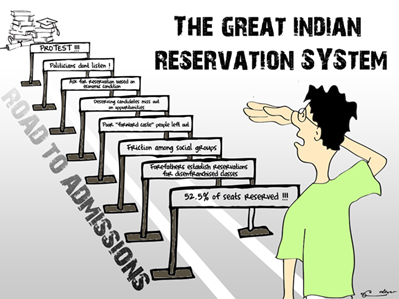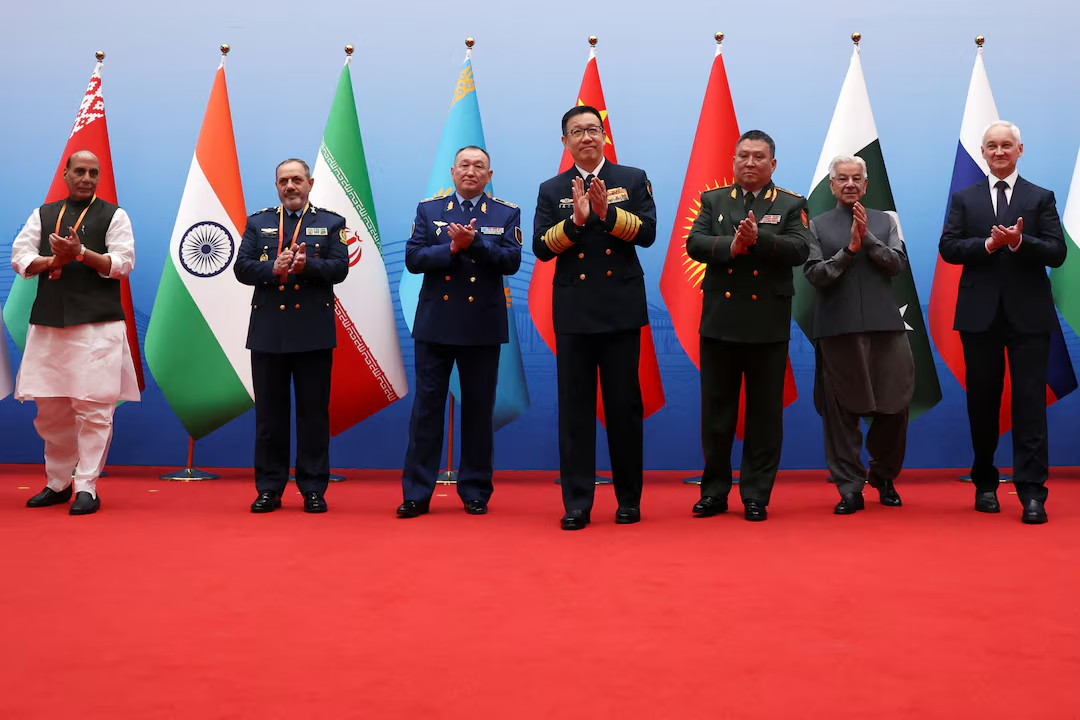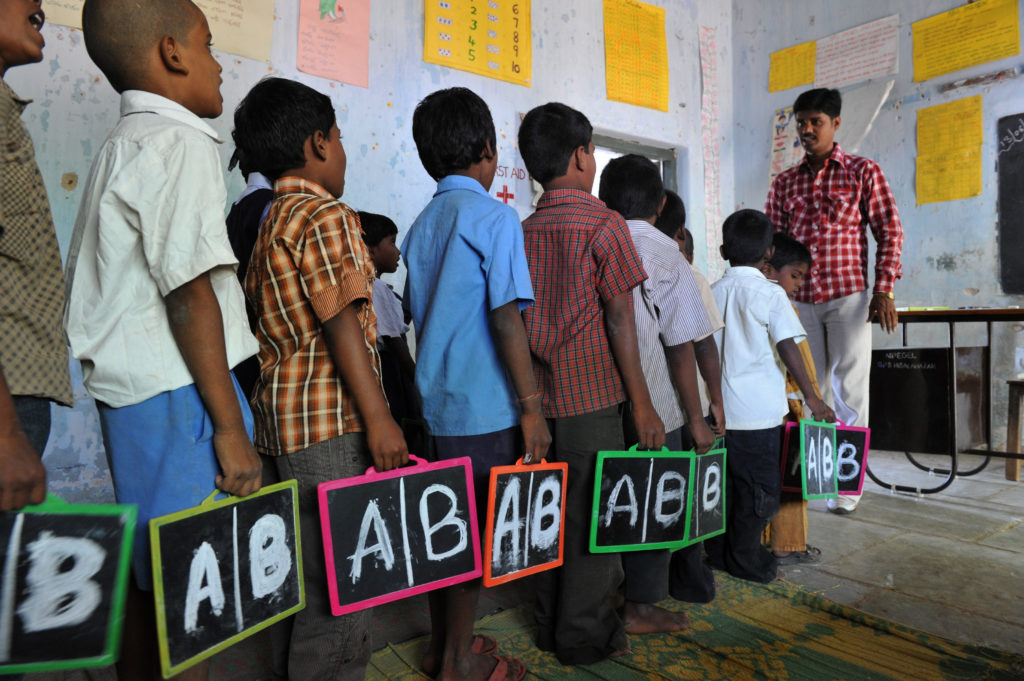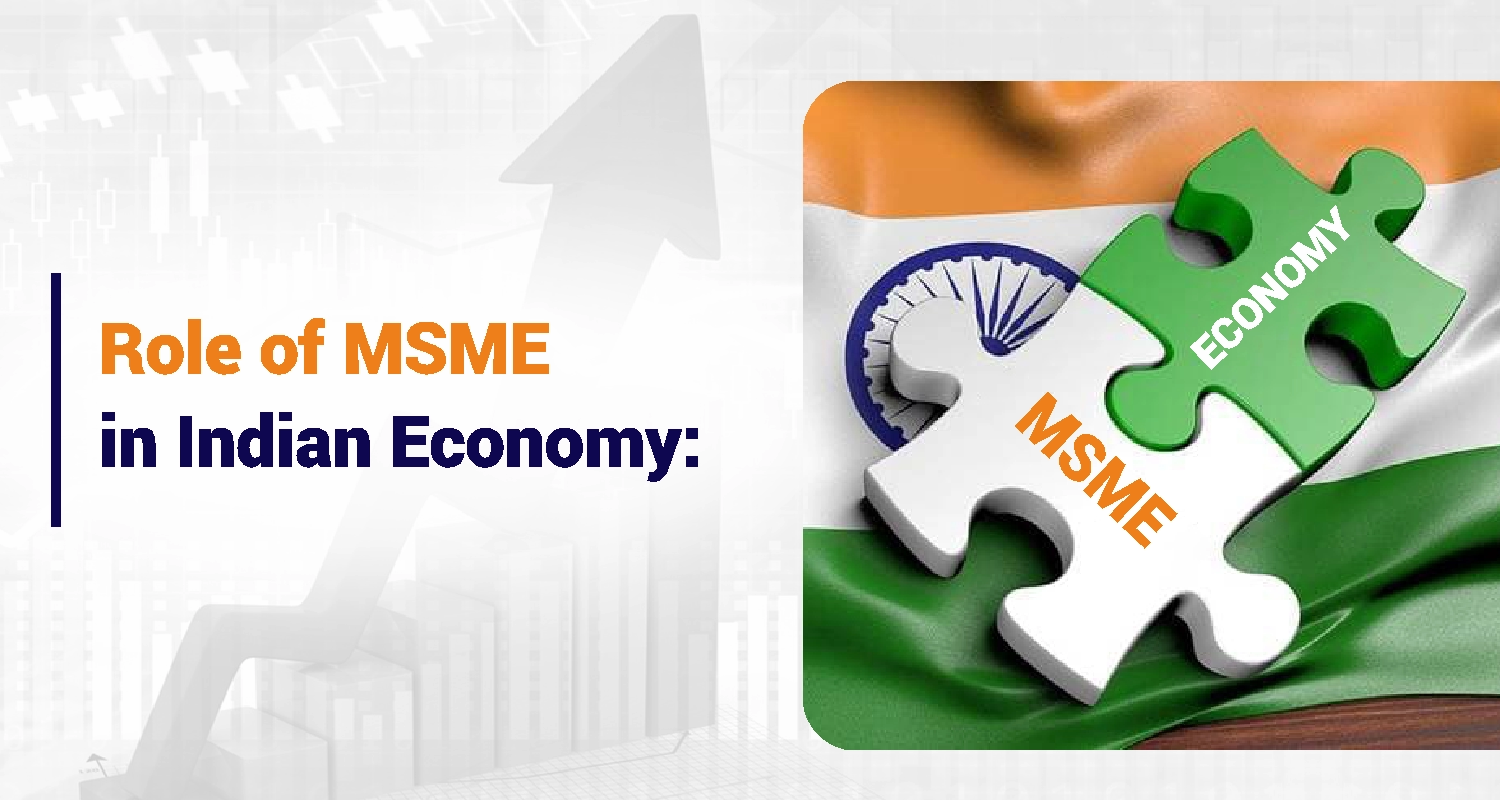- Courses
- GS Full Course 1 Year
- GS Full Course 2 Year
- GS Full Course 3 Year
- GS Full Course Till Selection
- Answer Alpha: Mains 2025 Mentorship
- MEP (Mains Enrichment Programme) Data, Facts
- Essay Target – 150+ Marks
- Online Program
- GS Recorded Course
- Polity
- Geography
- Economy
- Ancient, Medieval and Art & Culture AMAC
- Modern India, Post Independence & World History
- Environment
- Governance
- Science & Technology
- International Relations and Internal Security
- Disaster Management
- Ethics
- NCERT Current Affairs
- Indian Society and Social Issue
- NCERT- Science and Technology
- NCERT - Geography
- NCERT - Ancient History
- NCERT- World History
- NCERT Modern History
- CSAT
- 5 LAYERED ARJUNA Mentorship
- Public Administration Optional
- ABOUT US
- OUR TOPPERS
- TEST SERIES
- FREE STUDY MATERIAL
- VIDEOS
- CONTACT US
Article 15 AND 16: DOMICILE-BASED RESERVATION IN INDIA
Article 15 AND 16: DOMICILE-BASED RESERVATION IN INDIA
06-10-2023

Context
- Recently, the State of Madhya Pradesh has been asked to rethink its decision to establish 75% domicile reservation in B.Ed seats after the Supreme Court stated that domicile reservation should not turn into a "wholesale reservation."
What is domicile reservation?
- Domicile reservation: It means providing someone something favorable based on where they live.
- The state government can reserve certain seats for individuals who are residents of a particular state with the use of domicile reservation.
- Constitutional Provisions:
- In accordance with Article 16(3), government appointments may include provisions regarding residence (rather than birthplace).
- For specific jobs or appointments in that state or union territory, or for a local government or other power within that state or union territory, the Parliament (and not the legislature of a state) can mandate domicile inside that state or union territory as a condition of eligibility.
- Constitutionally, some states also have special protections under Article 371.
- Andhra Pradesh under Section 371(d) has powers to have “direct recruitment of local cadre” in specified areas.
- In Uttarakhand, class III and class IV jobs are reserved for locals.
- Some states have gone around the mandate of Article 16(2) by using language.
- In Maharashtra, only those living in the state for over 15 years with fluency in Marathi are eligible.
- In Jammu and Kashmir, government jobs are reserved for “domiciles”
- In West Bengal, reading and writing skills in Bengali is a criterion in recruitment to some posts.
- The Govt of Karnataka issued a notification mandating private employers to give “priority” to Kannadigas for clerical and factory jobs in the state.
- Landmark Judgments:
- DP Joshi vs Madhya Bharat case (1955): The Supreme Court held that domicile reservation, especially in educational institutions, is not the violation of Article 15 because there is a difference between ‘place of birth’ and ‘place of residence’.
- The Court ruled that Domicile or status of residence is a fluid concept that can change from time to time, unlike place of birth, which is fixed.
- Dr Praddep Jain vs Union of India & Ors. (1984): The Supreme Court held that the government has a legitimate reason to make reservations for its local people for their welfare because the state collects tax from its people and invests that money in institutions like universities for providing financial assistance to its local people.
- Kailash Chand Sharma vs State of Rajasthan case (2002): The Supreme Court ruled that residence, be it within a state, district or any other area, cannot be a basis for preferential reservation or treatment.
- Saurabh Chaudri & Ors. vs Union of India & Ors. (2003): The Court held that Article 15 protects discrimination only on the basis of ‘place of birth’ and not on the basis of ‘place of residence’.
- DP Joshi vs Madhya Bharat case (1955): The Supreme Court held that domicile reservation, especially in educational institutions, is not the violation of Article 15 because there is a difference between ‘place of birth’ and ‘place of residence’.
Why does the Constitution prohibit reservation based on domicile?
- India has a single citizenship concept that allows people to travel unrestrictedly throughout the whole nation.
- Therefore, a person's place of birth or domicile cannot be a requirement for getting a public employment in any state.
Reasons Behind Increasing Demands of Reservation
- Reservation is becoming more and more recognized as a solution to the negative impacts of ineffective development strategies.
- Acute agrarian distress, stagnant employment growth, and deviations from the development trajectory have been causing concern among people in developed states like Haryana, Gujarat, and Maharashtra despite the fact that their economies are comparatively healthier
|
Arguments against |
Arguments in favor |
|
|
Conclusion
- Reservation has always been a matter of debate, whether educational institutions, jobs, promotions etc. These affirmative actions are necessary to remedy the discrimination and subjugation of the past faced by the minorities and ensure them for a better position in the future. Indian courts have also upheld that affirmative action based on the logic of unequal cannot be treated equally. However, with time people have formed different opinions and condemned the idea of reservation, mostly arguing on the point of merit that the process of selection in an educational institution should be based on a student's capabilities and skills alone.



